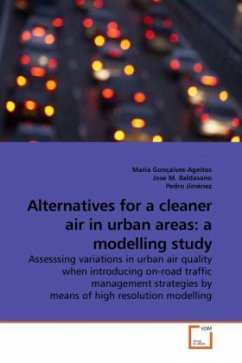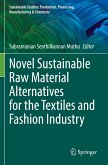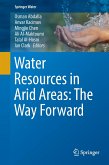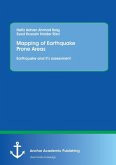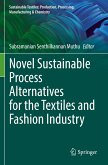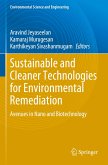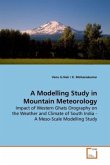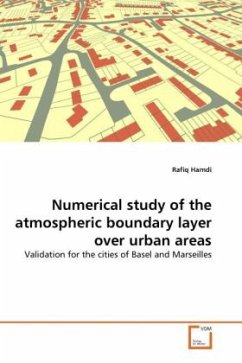The urban air pollution affects human health and causes damage to ecosystems. The southern Mediterranean region is commonly affected by highly polluted episodes. The O3 levels, and specifically the NO2 and particulatte matter concentrations in urban areas, are of special concern, frequently exceeding the European air quality targets. On road traffic is the main source of anthropogenic emissions in the urban environments. Nowadays, a broad range of strategies are being tested and implemented to abate its negative effects. Air quality modelling provides a valuable tool to assess those strategies in advance. This work uses a state-of-the-art mesoscalar model (WRF-ARW/HERMES/CMAQ) to test such strategies. It focuses on the two most populated urban areas of Spain: Barcelona and Madrid. The short term options assessed include the use of alternative fuels (natural gas or biodiesel), the introduction of new technologies in vehicles (hybrid electric vehicles), and urban management schemes(speed limits). They are evaluated in terms of emissions, fuel consumption and air quality changes in the urban areas and at a regional scale, over the Northeastern and Central Iberian Peninsula.
Bitte wählen Sie Ihr Anliegen aus.
Rechnungen
Retourenschein anfordern
Bestellstatus
Storno

